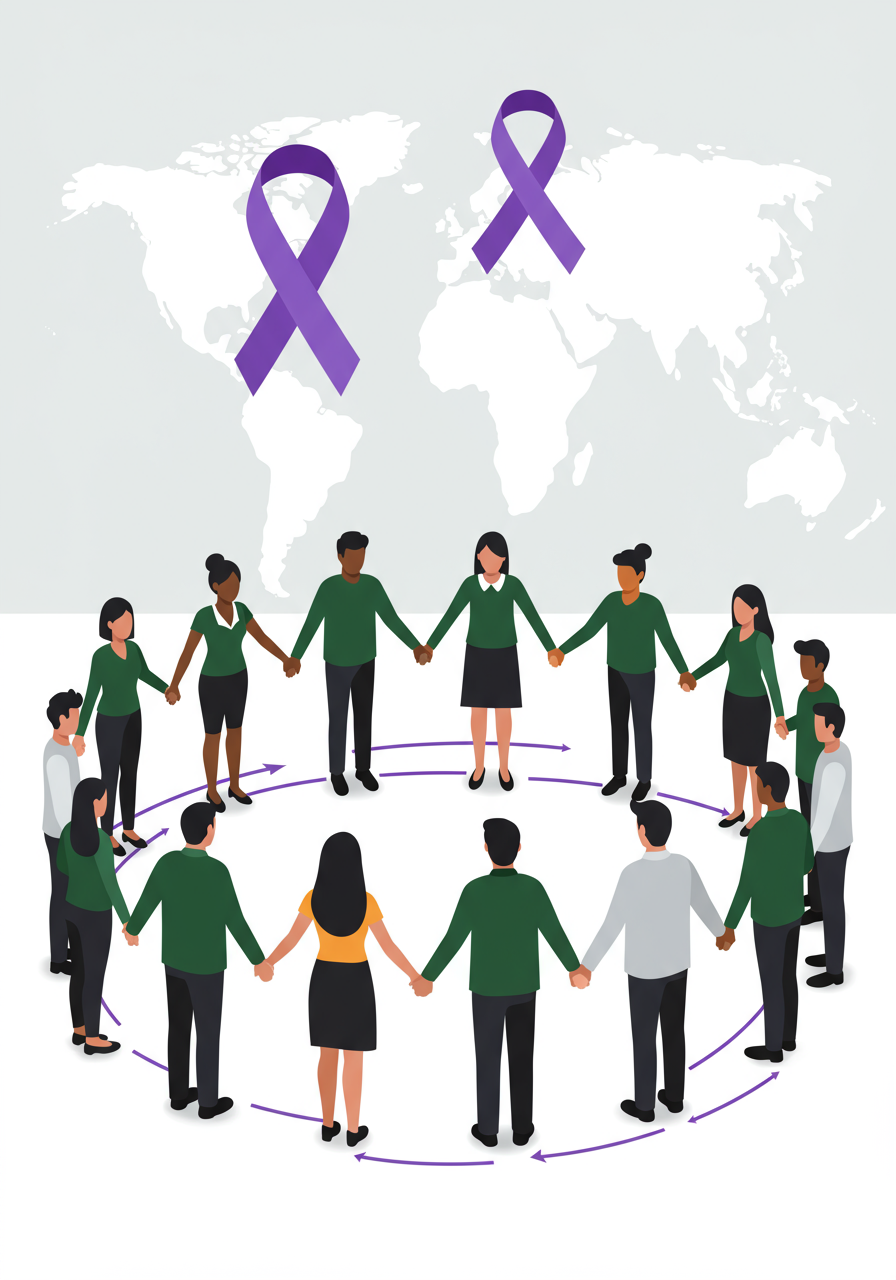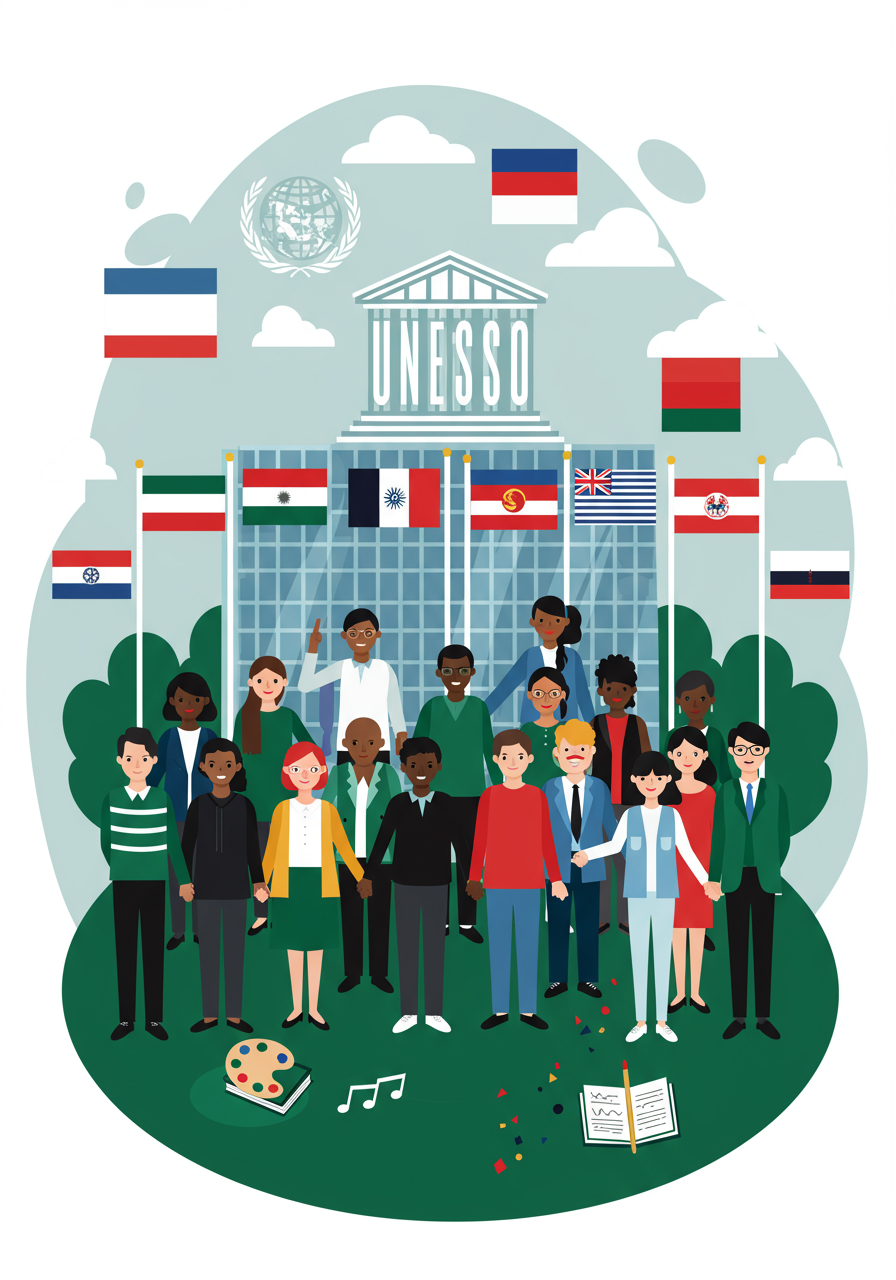Words Build Culture. Let’s Make Sure They’re Not Reinforcing Stigma.
In today’s workplace, we talk a lot about mental health. But too often, our language still reinforces shame, silence, and stigma—without us even realizing it.
You don’t need to be in HR or have a clinical background to talk about mental health responsibly. What you do need is awareness—and a willingness to audit the everyday words, jokes, and phrases we’ve normalized.
Because here’s the truth: the way we talk is the culture.
You Might Mean Well—But Is Your Language Doing Harm?
You’ve probably heard (or said) things like:
- “She’s so bipolar today.”
- “I’m totally OCD about this project.”
- “That meeting gave me PTSD.”
These might sound like throwaway comments, but they reduce real, often serious mental health conditions to quirks or punchlines. For someone silently struggling, those words send a message:
“This isn’t a safe place to talk about what I’m going through.”
Even language meant to help—like “just push through” or “it’s all in your head”—can invalidate someone’s experience. That’s not support. That’s dismissal wrapped in good intentions.
How to Audit Your Mental Health Language (Without Being Performative)
A language audit isn’t about canceling words or shaming people. It’s about closing the gap between our values and how we communicate.
Here’s how to start shifting:
✅ Use person-first language
Say: “She’s living with depression”
Not: “She’s depressed.”
This centers the person, not the condition.
✅ Describe, don’t label
Say: “He seems overwhelmed today.”
Not: “He’s unstable.”
Descriptive language invites empathy. Labels shut it down.
✅ Offer presence, not prescriptions
Say: “That sounds tough—how can I support you?”
Not: “You should try yoga.”
Most people don’t need advice. They need validation and space.
Tone, Humor, and Context: What You Say Is Only Half the Story
Even the most inclusive words can land the wrong way if your tone is rushed, sarcastic, or dismissive.
Here’s what to watch for:
- Tone: Are you speaking with presence—or just trying to move on?
- Humor: Is your joke connecting—or minimizing someone’s experience?
- Context: Are you speaking in a private moment—or a group setting where someone might feel exposed?
Humor isn’t off-limits. But when it punches down or relies on stereotypes, it reinforces stigma. If your comment would make someone hesitate to speak up, it’s not the culture you want.
A Tool for Real-Time Reflection: The 3-Point Language Lens
Before you speak, ask:
- Would this language minimize someone’s experience?
- Could it reinforce shame or fear?
- If someone struggling heard this, would they feel safer—or more isolated?
If the answer’s unclear, pause. Rephrase. That’s leadership in action.
What One Habit Can You Retire? What One Can You Build?
Change doesn’t start with a handbook. It starts with one person deciding to speak more responsibly.
Try this quick self-audit:
- Phrase I’ll stop using: “I’m so OCD.”
- Phrase I’ll start using: “I’m really detail-oriented.”
Small shift. Big difference.
Language Doesn’t Just Communicate Culture—It Creates It.
Every meeting, Slack message, and hallway comment is shaping your culture. If we want workplaces where people feel seen, supported, and safe to be honest, we have to be intentional with our words.
Don’t wait for a training to tell you what to say. Start practicing it today.
Want to Operationalize This Across Your Workplace?
You don’t need another campaign. You need a system.
OperateOS by Diversiology helps organizations embed inclusive habits—like responsible mental health language—into the daily rhythm of how people lead, communicate, and connect.
Let’s make psychological safety more than a talking point.
👉 Schedule a quick demo to see how OperateOS can help your workplace walk the talk.








